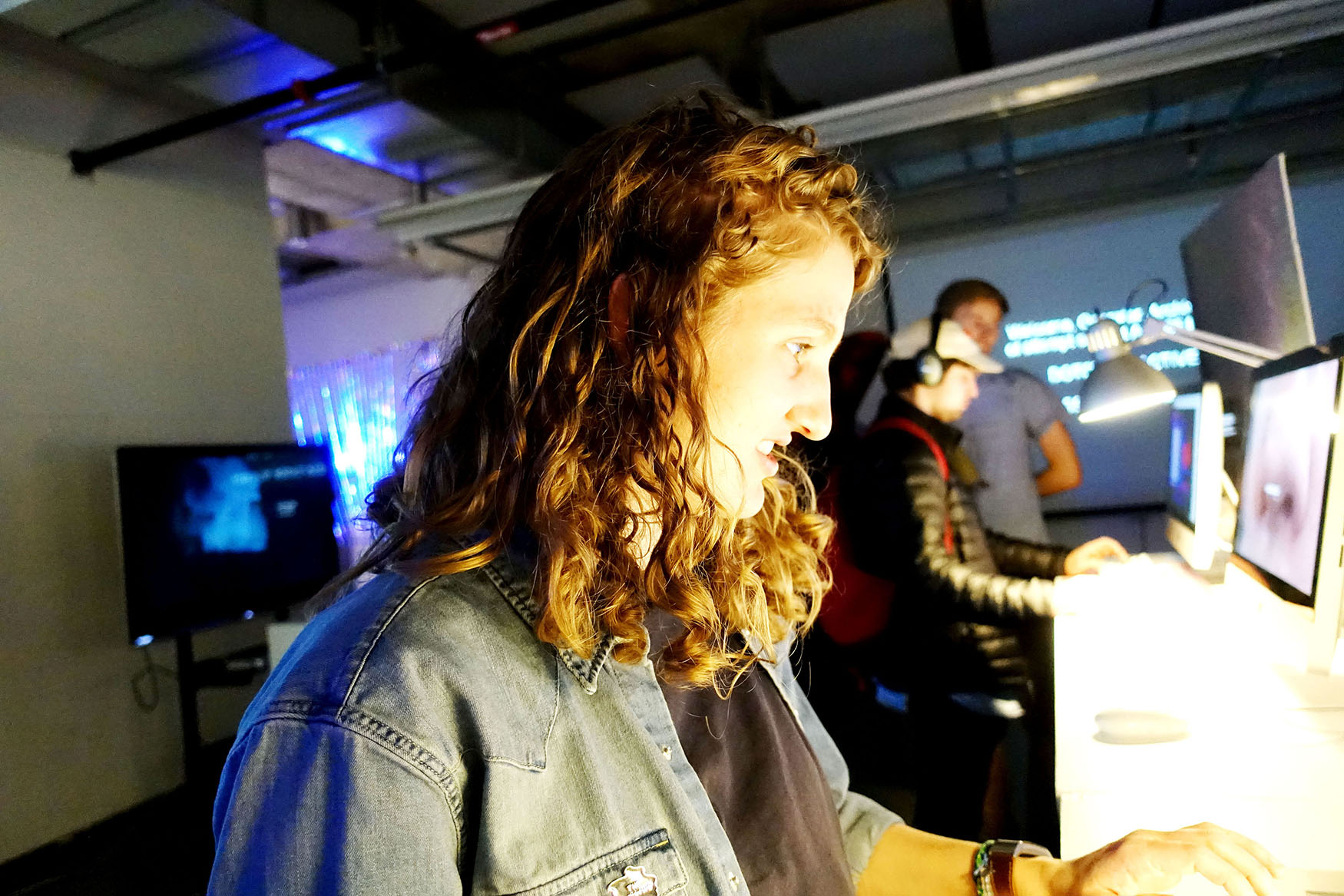by Sarah Mazen
The innovative program, Girls Who Code, is expanding internationally with 100 new clubs to begin in Canada within the next year. Girls who code is prtnering with Morgan Stanley, a leading global financial services firm, and the Federation of Ontario Public Libraries. The non-profit organization hopes to expand their free program by starting ten clubs within Ontario and 100 clubs nation-wide. The after-school club will occur in schools, libraries, universities, and other organizations around the country.
The goal of the organization is to close the gender gap in STEM (Science, Technology, Engineering, and Mathematics) that is noticed today.
“To truly innovate, we cannot leave behind half of our population,” Reshma Saujani, founder of Girls Who Code, said in her TED Talk.
In Canada, 47 per cent of the workforce is composed of women-identified individuals, however, less than 25 per cent of these women are in STEM-related fields. Women are the majority of university graduates this year, but less than a third are receiving degrees in STEM. This is due in part, to a major drop in interest between the time of middle school and high school. Within the past 20 years, the number of women in computer science has decreased by over five per cent. Girls Who Code plans on growing their clubs internationally in order to achieve their goal of ending the gender gap in computer science by 2027.
The non-profit organization hopes to empower girls to seek opportunities in STEM-related fields.
They hope to accomplish this by educating young women in middle school and high school on the basics of computer science and supplying them with the resources needed to pursue career opportunities.
Girls will learn the basics of computing by being given the opportunity to participate in online coding tutorials, meet role models in the tech industry, learn the importance of sisterhood by creating a community of young women to inspire each other through interactive activities, and work together to make an impact involving real-world issues.
They have worked with almost 90,000 young students since they began in 2012. This has accompanied a 15 per cent increase in the rate of women choosing to major in STEM-related fields in the United States.
In 2010, Saujani was the first Indian American woman to run for Congress in the United States. During her campaign, she visited schools in New York and noticed the gender gap in technology in classes firsthand. This inspired her to begin Girls Who Code.
Saujani wants the clubs to “teach girls bravery, not perfection,” she said in a TED Talk at the beginning of 2018. She wrote a New York Times bestseller on the topic entitled Girls Who Code: Learn to Code and Change the World where she hopes to inspire women to take on leadership positions whilst embracing mentorship, charting your own course, and learning from risks taken and potential failures.






























